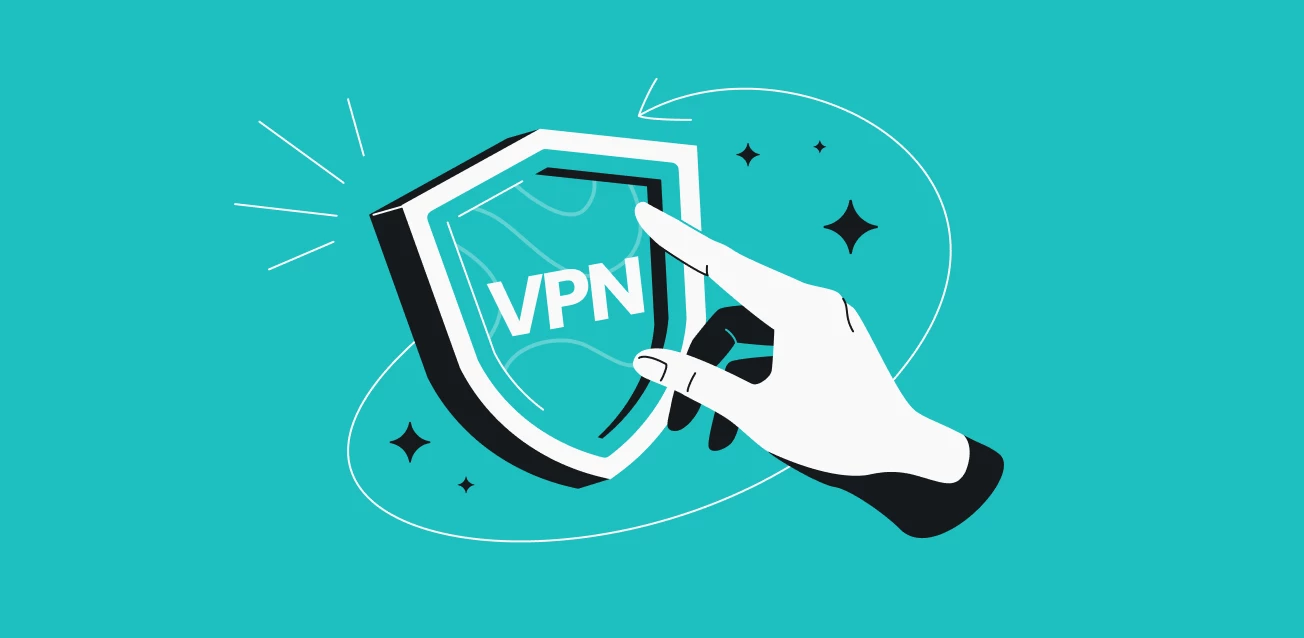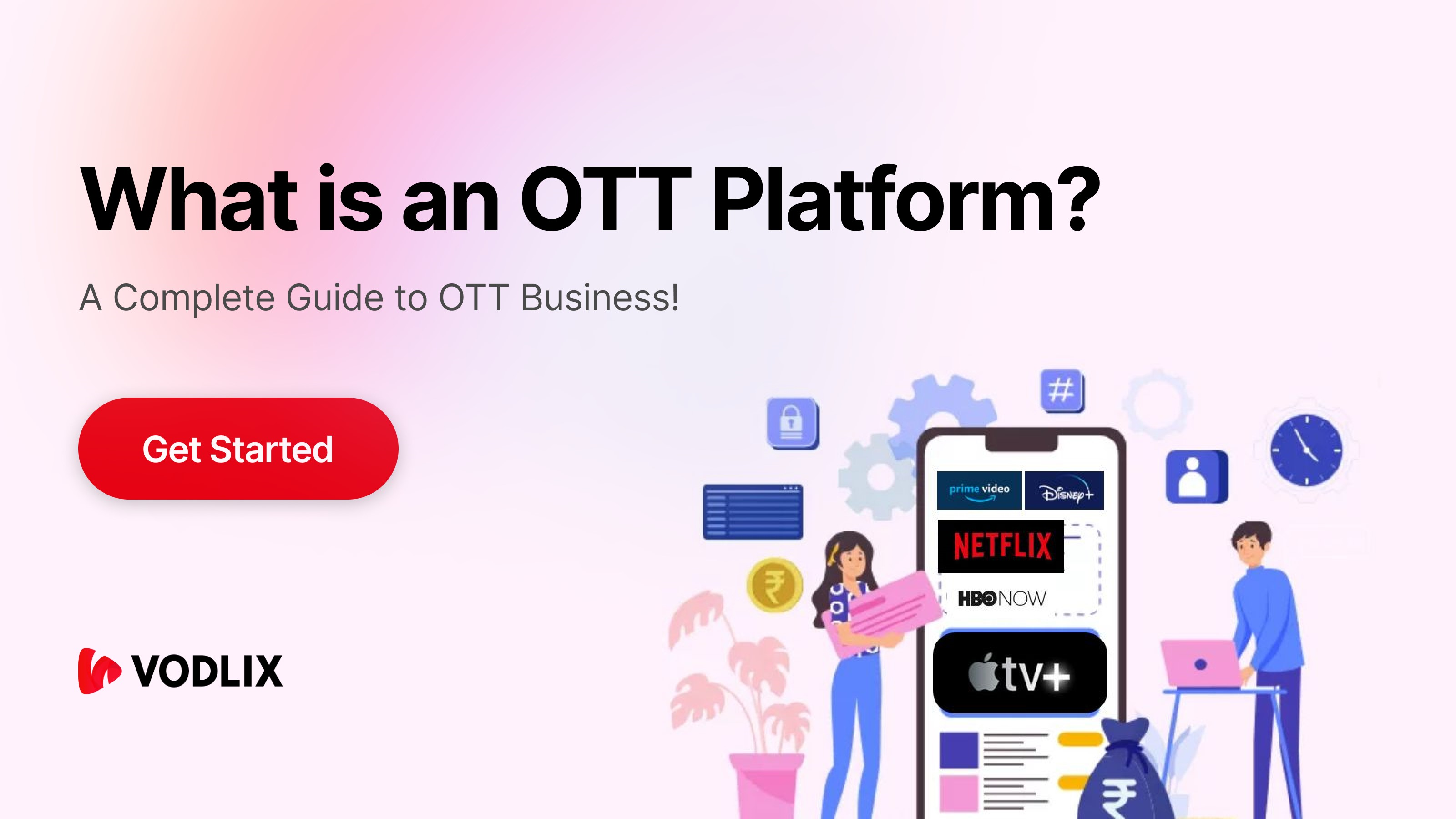
As the race for digital adoption rages and with the escalating pervasiveness of cyber threats, the need for sturdy virtual private networks (VPNs) is becoming more critical. According to a report, cybercrime costs will hit US$10.5 trillion by 2025, up from US$3 trillion in 2015 globally.
Several countries, including Zimbabwe, must grapple with emerging cyber threats that require innovative solutions, prioritizing and balancing cyber security with data protection. Zimbabwe, like any other developing country, must have budding startups and small businesses which are usually targeted by hackers, considering them as soft spots since they may not have enough financial resources to deploy and implement robust cybersecurity strategies; this becomes of critical concern if we consider the increasing advancement of cyber threats and the evolution of new technologies as crucial barriers to effective cybersecurity in Zimbabwe.
VPNs used in Zimbabwe must incorporate innovative features to effectively combat these threats and enhance security and privacy for internet users.
We intend to explore the innovative features a South African VPN must integrate to stay ahead of emerging cyber threats as a pointer to why users in Zimbabwe must do due diligence before subscribing to a VPN service.
- What is an excellent crypto wallet made of?
- Students develop mobile app to support SRHR learning
- Cops arrested for conning ICT perm sec
- Hwange communities tackle human-wildlife conflicts, crime
Keep Reading
A South African VPN must incorporate state-of-the-art encryption standards to combat evolving cyber threats effectively. Strong encryption is essential for securing sensitive information and communications against cyber threats, like hacking, eavesdropping, tracking, and data breaches.
Integrating the world’s best standards encryption protocols, such as AES-256, enhances data security before transmission by the VPN from unauthorized access.
2. Multi-hop, cascading, or double VPN
The South African VPN must incorporate the double VPN innovative technology; cascading ensures that a user’s internet traffic is passed through multiple servers in different locations before reaching the final destination. Usually, the internet service provider (ISP) assigns an internal protocol (IP) address to any device that tries to log in to the internet; with this address, a hacker, a third party, or your ISP can monitor your online activities.
Routing your internet traffic through several servers by the innovative multi-hop feature ensures that tracking is almost impossible.
3. Multi-factor authentication (MFA)
Multi-factor authentication imposes an extra layer of security to VPN connections by requiring users to provide multiple authentication forms before logging in to the network, such as passwords and biometric identification, like facial recognition, fingerprint, or eye scan. A South African VPN integrating MFA checkmates unauthorized access to VPN accounts, further fortifying the security posture against emerging cyber threats.
4. Post-quantum cryptography
The computational power of quantum computers must put every internet user on the alert now; it has proven difficult for classic computers to break strong passwords and decipher encryptions with brute force attacks; however, a quantum computer will achieve the feat within seconds. Recognizing the looming threat of quantum computing to individuals and organizations in Zimbabwe and other countries, Urban, 1 Click, Proton, or A South African VPN must proactively adopt post-quantum cryptography; VPN service providers must not wait until quantum computers are in the market before seeking for ways to tackle the menace.
The innovative post-quantum cryptography technology can withstand the computational power of quantum computers; to ensure the longevity and robustness of VPN security protocols, any VPN service provider must adopt this vital, innovative feature into its cybersecurity project; the people of Zimbabwe can’t become lame ducks for hackers, and the country can’t be a thriving ground for cybercrimes.
5. AI-powered threat detection
Digital adoption may not be top-notch in Zimbabwe or any other developing country; however, it doesn’t stop hackers from upping their game; cybercriminals now deploy artificial intelligence (AI) and machine learning algorithms to launch advanced cyberattacks. A South African VPN must ensure Zimbabweans are steps ahead in the intricacies of these rouge elements; enabling the innovative AI-powered threat detection feature in the VPN enhances real-time analysis of behavior and patterns, culminating in prompt identification and neutralization of potential cyber threats, such as advanced email phishing and malware infection.
AI-equipped threat detection technology will be a paradigm shift in cybersecurity practices for the people of Zimbabwe, enhancing privacy and a secure internet environment.
6. Secure DNS and IPv6 leak protection
DNS and IPv6 leaks constitute significant security risks to VPN users by disclosing their online activities and IP addresses. An innovative South African VPN should integrate secure DNS and IPv6 leak protection mechanisms to prevent such leaks, masking and protecting users' internet traffic and original IP addresses.
7. Secure Wi-Fi protection
A South African VPN must enable secure Wi-Fi protection to address the security risks associated with public Wi-Fi networks in places like hotels, airports, and cafés, especially for people who depend on such networks for remote work. By encrypting data transmitted over public Wi-Fi hotspots and enabling split tunneling 2.0 functionality, VPN users can mitigate the risk of eavesdropping and avoid ISP throttling, enhancing productivity.
A split tunneling 2.0 feature in a South African VPN will enable users to selectively choose the data type that must pass through the encrypted tunnel and which should access the internet directly, freeing bandwidth and enhancing internet speed.
Conclusion
South African VPNs must incorporate innovative features to effectively combat emerging cyber threats and provide users with a secure and private online experience. By integrating AI-powered threat detection, double VPN, post-quantum cryptography, and secure DNS, VPN providers can enhance the security posture of their services and empower Zimbabweans to navigate the digital landscape with confidence and peace of mind.
As cyber threats continue to evolve, implementing these innovative features is crucial for ensuring the South African VPN effectively safeguards privacy and secures the internet environment for users.











